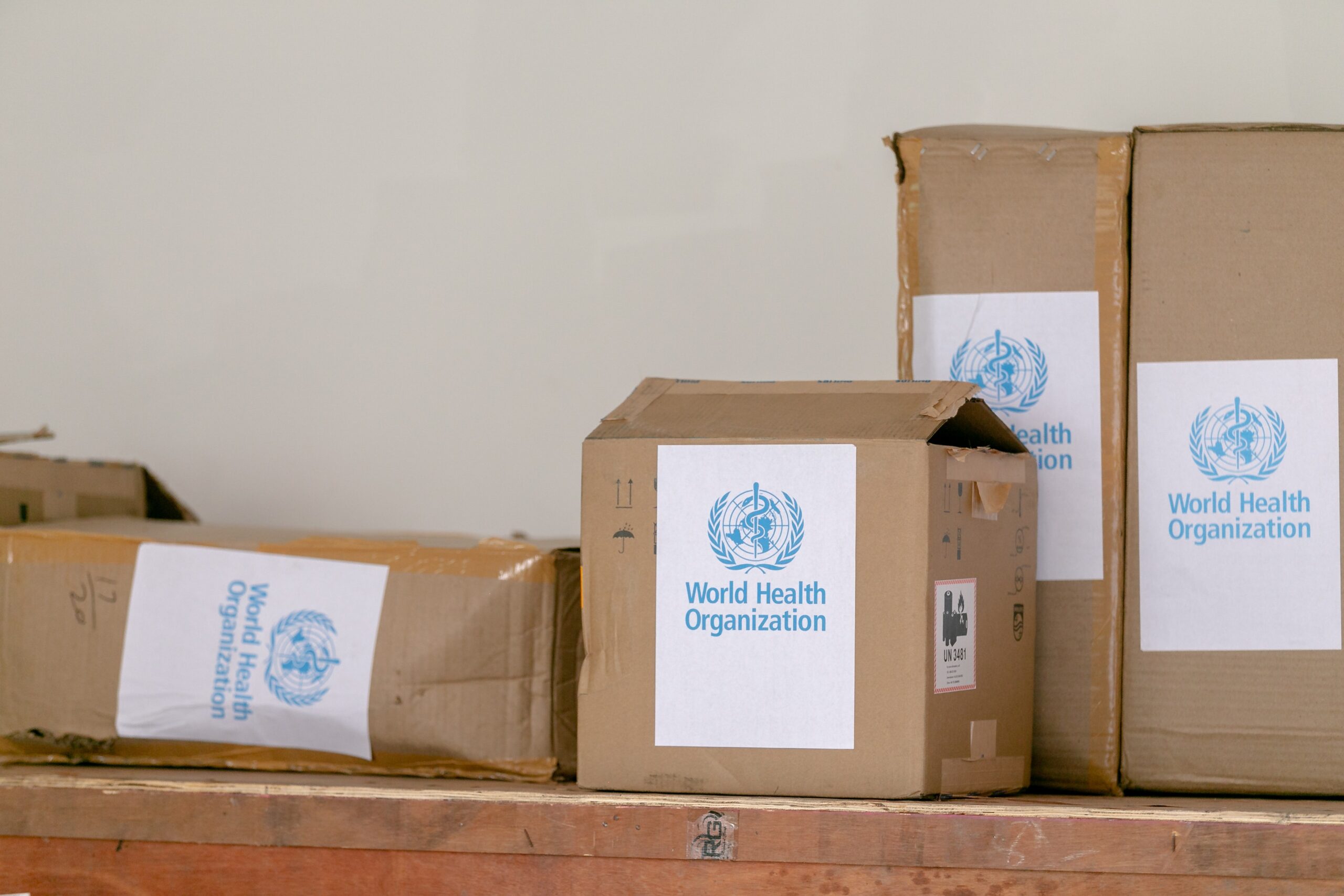WORLD HEALTH ORGANIZATION
The World Health Organization (WHO) is the foremost international organization for public health and is responsible for providing control on global health matters, influential the health research agenda, setting norms and standards, articulating evidence-based policy options, providing technical support to countries and nursing and assessing health tendencies.
Established in 1948, WHO is a specialized agency of the United Nations (UN) and is headquartered in Geneva, Switzerland. The organization is governed by its 193 Member States through the World Health Assembly, the highest decision-making body for WHO, which meets annually to determine the policies and work of the organization.
WHO’s main aim is to build a better, healthier future for people all over the world. To achieve this goal, WHO works to ensure universal access to quality health care and to combat diseases, including infectious diseases like tuberculosis, HIV/AIDS and malaria; non-communicable diseases such as heart disease, stroke, cancer and diabetes; and emerging diseases like the novel coronavirus (COVID-19).
One of the key functions of WHO is to provide technical assistance to countries to improve their health systems and services. This involves providing advice on policies and strategies, as well as support for health workforce development, the strengthening of health information systems, the improvement of health financing, and the strengthening of health systems governance. WHO also provides a range of health products, such as vaccines, medicines and diagnostic tests, to support countries in their efforts to improve health.
WHO works closely with a variety of partners, including UN agencies, other international organizations, nongovernmental organizations, and the private sector, to achieve its goals. Through its partnerships, WHO is able to reach a wide range of communities and populations and to mobilize resources for health.
One of WHO’s most important initiatives is its role in responding to public health emergencies. The organization has the expertise, resources and global reach to respond quickly and effectively to outbreaks of infectious diseases, such as Ebola and Zika, and to natural disasters and other emergencies that impact health. WHO works with countries and partners to provide technical assistance, coordinate the response, and provide life-saving health interventions to those in need.
WHO also plays a key role in promoting health and well-being globally through its efforts to address the social determinants of health. This includes working to reduce poverty, improve access to education and water and sanitation, and address the underlying social, economic and environmental conditions that impact health.
In conclusion, the World Health Organization is a vital player in global health, working to promote health and well-being and to respond to public health emergencies. With its expertise, resources and partnerships, WHO is helping to build a better, healthier future for all people, everywhere.
FAQs
1.What is the World Health Organization (WHO)?
The World Health Organization (WHO) is a specialized agency of the United Nations that is responsible for promoting health and well-being globally. It was established in 1948 and has its headquarters in Geneva, Switzerland. WHO works with governments, health professionals, civil society, and other partners to promote health and prevent and treat diseases and injuries.
2.What are the main functions and responsibilities of WHO?
WHO’s main functions and responsibilities include: providing leadership on global health matters; setting standards and norms for health; providing technical assistance and support to countries in their health development efforts; and serving as a knowledge hub for health information and research. WHO also works to promote health equity and address health determinants, such as poverty and access to health services. The organization also plays a key role in disease outbreak response and vaccine development and distribution.
3.How is WHO funded and what is the budget allocation process?
WHO is funded by its member states, which contribute to its budget through assessments based on their national income. The budget is reviewed and approved by the World Health Assembly, which is the decision-making body of WHO. The budget allocation process is transparent and guided by the organization’s priorities, programs, and plans. WHO also receives voluntary contributions from countries, foundations, and other sources to support specific projects and activities.

